The best blender for nut butter is a high-powered kitchen appliance specifically designed to efficiently blend nuts into smooth paste and creamy butter. Ideal blenders offer features such as 1000 to 1500 watts of motor power, variable speed settings, pulse function, and pre-set programs tailored for nut butter making. Jar material options include glass, plastic, or stainless steel, each offering durability and ease of cleaning. Selecting the best blender can make all the difference.
In this comprehensive guide, we’ll explore the key factors to consider when choosing a best blender for nut butter, from motor power to blade design and beyond.
Benefits of Making Nut Butter at Home
Making nut butter at home offers numerous benefits, Firstly, it allows you to control the ingredients, ensuring a healthier and more personalized including freshness, purity, and customization. Additionally, homemade nut butter can be customized to suit individual tastes and dietary preferences, such as adjusting sweetness, adding different flavors, avoiding added sugars, preservatives, and artificial flavors commonly found in store-bought varieties. Moreover, Its often more cost-effective than purchasing pre-made versions, saving you money in the long run.
Understanding the Importance of a High-Powered Motor
Understanding the importance of a high-powered motor in a blender is essential, especially when making nut butter. A high-powered motor ensures smooth and consistent blending, effortlessly breaking down tough nuts into creamy butter without straining the machine. Investing in a blender with a high-powered motor ranging from 1000 to 1500 watts for optimal performance. It can reduce the risk of overheating during extended use, prolonging the blender’s lifespan. Making it easier to achieve the perfect texture and flavor in your homemade nut butter creations.
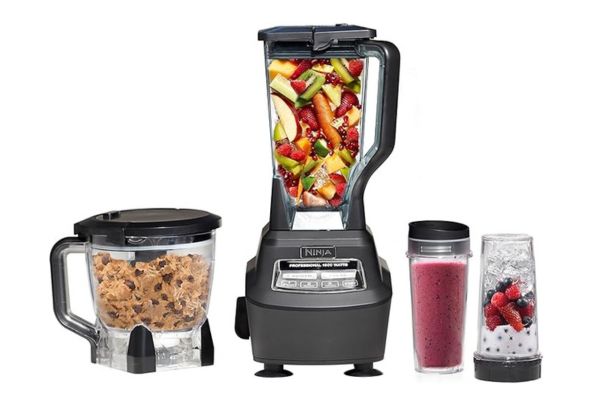
Keypoints To choosing The Best Blender for Nut Butter
Blade design and quality play a crucial role in the performance of a blender when making butter from almonds, peanuts, and other nuts. Stainless steel blades with durable construction and a sharp cutting edge are ideal for efficient blending, and pulverizing nuts into a smooth paste. High-quality blades also minimize the need for scraping down the sides, resulting in more smoother.
Jar Material Options: Glass vs. Plastic vs. Stainless Steel
When considering jar material options for your blender, such as glass, plastic, or stainless steel, each has its own advantages. Glass jars are durable, non-toxic, and easy to clean, making them a popular choice for health-conscious individuals. Plastic jars are lightweight, shatterproof, and often more affordable, but they may retain odors and stains over time. Stainless steel jars are sturdy, corrosion-resistant, and ideal for blending hot ingredients, but they may not provide visibility during blending. Ultimately, the best choice depends on your preferences for durability, safety, and functionality.
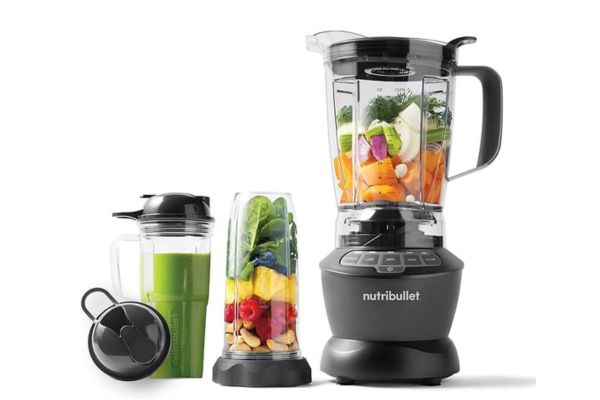
Additional Features: Pulse Function, Pre-set Programs, Noise Level
When selecting a blender for smooth and creamy butter, consider additional features like the pulse function, pre-set programs, and noise level. The pulse function allows for precise control over blending, ideal for achieving the desired consistency. Pre-set programs offer convenience by automating blending tasks, ensuring consistent results every time. Additionally, consider the noise level of the blender, especially if you plan to use it frequently or in a shared space.
Types of Blenders Suitable for Making Nut Butter
Several types of blenders are suitable for making nut butter, each with its own strengths. High-performance blenders, such as Ninja-BL770, 1500W, Ninja BL610, 1000-Watt, nutribullet, (NBR-0601), 600 Watt, and Nutribullet – NBF50500, 1200W, are powerful and can easily handle tough nuts, resulting in smooth and creamy nut butter. Food processors equipped with strong motors and sharp blades are also effective although they may require more scraping down the sides. Ultimately, the best type of blender depends on your preferences, budget, and intended usage.
Size and Capacity Considerations for Your Blending Needs
When choosing a blender, it’s important to consider size and capacity to meet your blending needs effectively.
Single-Serve Blenders: Ideal for individuals or small households, single-serve blenders have smaller capacities suited for making single servings of nut butter or smoothies.
Medium-Sized Blenders: These blenders typically have a capacity of around 48 to 64 ounces, suitable for small to medium-sized families.
Large Capacity Blenders: Designed for larger families or batch cooking, these blenders often have capacities of 72 ounces or more, allowing you to make large quantities.
Compact Blenders: If space is limited in your kitchen, consider compact blenders that offer smaller footprints while still providing sufficient capacity for your blending needs.
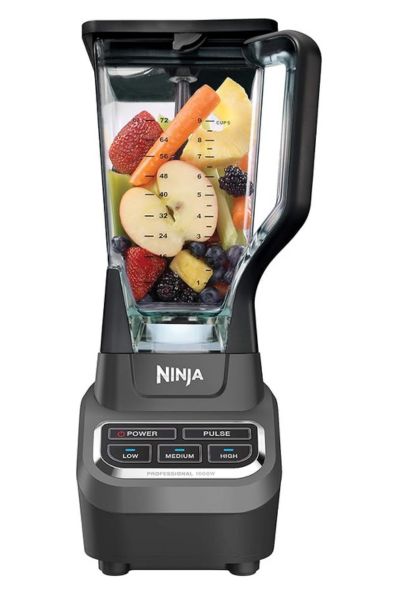
Tips for Maintaining Your Blender for Cashew, Almond, and Peanut Butter Performance
To maintain optimal performance and longevity of your blender for nut butter, follow these tips:
Regular Cleaning: After each use, disassemble the blender and wash the components thoroughly with warm, soapy water to remove any residue.
Deep Cleaning: Periodically, deep clean your blender by blending a mixture of warm water and dish soap. Rinse thoroughly to ensure no soap residue remains.
Avoid Overloading: Be mindful not to overload the blender with too many nuts at once, as this can strain the motor and affect performance.
Use Liquid Ingredients: Adding a small amount of oil or liquid sweetener to the nuts can help facilitate blending and achieve a smoother consistency.
Monitor Blade Sharpness: Check the blades regularly for any signs of dullness or damage. Sharpen or replace them as needed to maintain optimal blending performance.
Pulse Technique: When making nut butter, Firstly use the pulse function intermittently to prevent overheating and ensure even blending.
Store Properly: After each use, store the blender in a clean, dry place to prevent moisture buildup and prolong its lifespan.
Budget-Friendly Blenders That Work Well for Homemade Organic Butter
For those seeking budget-friendly options that still deliver excellent results for homemade organic butter, several blenders stand out:
Nutribullet: Known for its affordability and compact design, Nutribullet blenders are effective at blending nuts into creamy butter while being easy on the wallet.
Ninja Professional Blender: This blender offers powerful performance at a reasonable price, making it a popular choice.
Hamilton Beach Wave Crusher Blender: With its durable build and multiple blending settings, this blender offers great value for money and performs well when making organic butter.
Oster Pro 1200 Blender: Equipped with a strong motor and versatile blending options, the Oster Pro 1200 is an affordable choice for those looking to whip up creamy nut butter at home.
These budget-friendly blenders prove that you don’t need to break the bank to enjoy delicious homemade organic butter.
Top Brands Known for Blending Nut Butters Smoothly
Vitamix: Known for their powerful motors and durable blades, Vitamix blenders consistently produce smooth and creamy nut butter, making them a favorite among health-conscious consumers.
Blendtec: With their high-speed motors and innovative blade designs, Blendtec blenders excel at blending tough ingredients like nuts into silky-smooth butter, earning them a reputation for performance and reliability.
Ninja: Ninja blenders are celebrated for their affordability and versatility. Many models feature powerful motors and sharp blades that effectively blend nuts into creamy butter, making them a popular choice for budget-conscious consumers.
Nutribullet: While primarily known for their single-serve blenders, Nutribullet also offers larger models and capable of blending smoothly. Their compact design and affordable price point make them a convenient option for home use.
These brands are trusted by consumers worldwide for their ability to produce consistently smooth and delicious.
You can explore our guide on the best blender for smoothies and ice, perfect for complementing your nut butter-making endeavors.
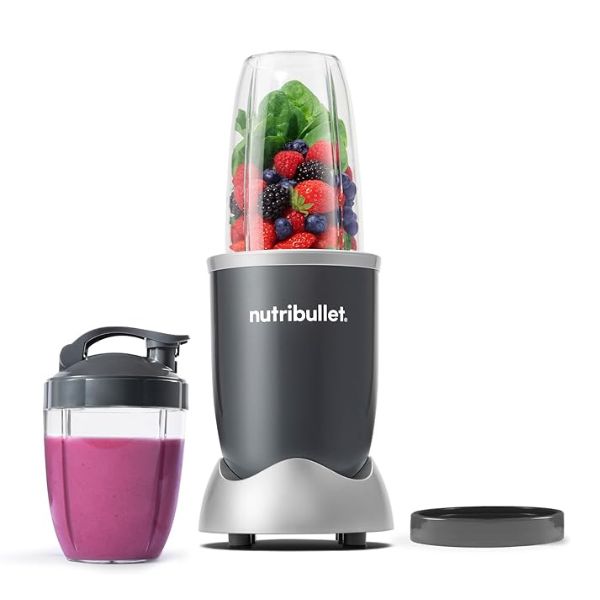
Frequently Ask Question:
What kind of blender do I need to make nut butter?
To make nut butter, you’ll need a high-powered blender with a motor ranging from 1000 to 1500 watts and sturdy stainless steel blades designed for pulverizing nuts into a smooth paste. High-performance blenders like Vitamix or Blendtec are ideal, capable of smoothly blending tough nuts into creamy butter.
Is homemade nut butter better?
Yes, homemade nut butter is often considered better than store-bought options for several reasons. Firstly, you have control over the ingredients, ensuring freshness and purity without additives or preservatives. You can suit individual tastes and dietary preferences, such as adjusting sweetness or adding different flavors. Moreover, making at home can be more cost-effective in the long run, saving money while enjoying a healthier, homemade product.
How many watts is a blender for nuts?
A blender suitable for nuts typically ranges from 1000 to 1500 watts or more, depending on the brand and model. Higher-wattage blenders are generally more powerful and can effectively blend tough nuts into smooth butter without straining the motor.
How much power is the best for peanut butter?
For making peanut butter, a blender with a minimum power of 1000 watts is recommended for optimal performance. However, blenders with even higher power, such as 1200 watts or more, can provide smoother and faster blending results, especially when dealing with tough nuts like peanuts, almonds, cashews, etc.
Can I make nut butter without a blender?
Yes, you can make nut butter without a blender by using a food processor. While blenders are typically preferred for their powerful motors and sharp blades, food processors can also effectively grind nuts into butter with patience and occasional scraping down the sides.
Why is nut butter so expensive?
Nut butter can be expensive due to several factors. Firstly, the cost of raw nuts, such as peanuts, almonds, or cashews, can be high, especially if they are organic or sourced from specific regions. Additionally, premium nut butter brands may use high-quality ingredients and ethical sourcing practices, contributing to the higher price tag.
Which blender is best for grinding nuts?
The best blender for grinding nuts is one with a powerful motor and sturdy blades designed to handle tough ingredients. High-performance blenders like Vitamix, Blendtec, or Ninja are often recommended for their ability to effectively grind nuts into a fine powder or creamy butter.
Final Words
Choosing the best blender for nut butter requires careful consideration of factors such as motor power, blade design, jar material, and additional features. By selecting a blender that meets your specific needs and preferences, you can enjoy the satisfaction of making delicious homemade nut butter with ease. Whether you prefer creamy peanut butter, silky almond butter, or rich cashew butter, with the right blender and proper care, you can enjoy delicious homemade nut butter whenever cravings strike.

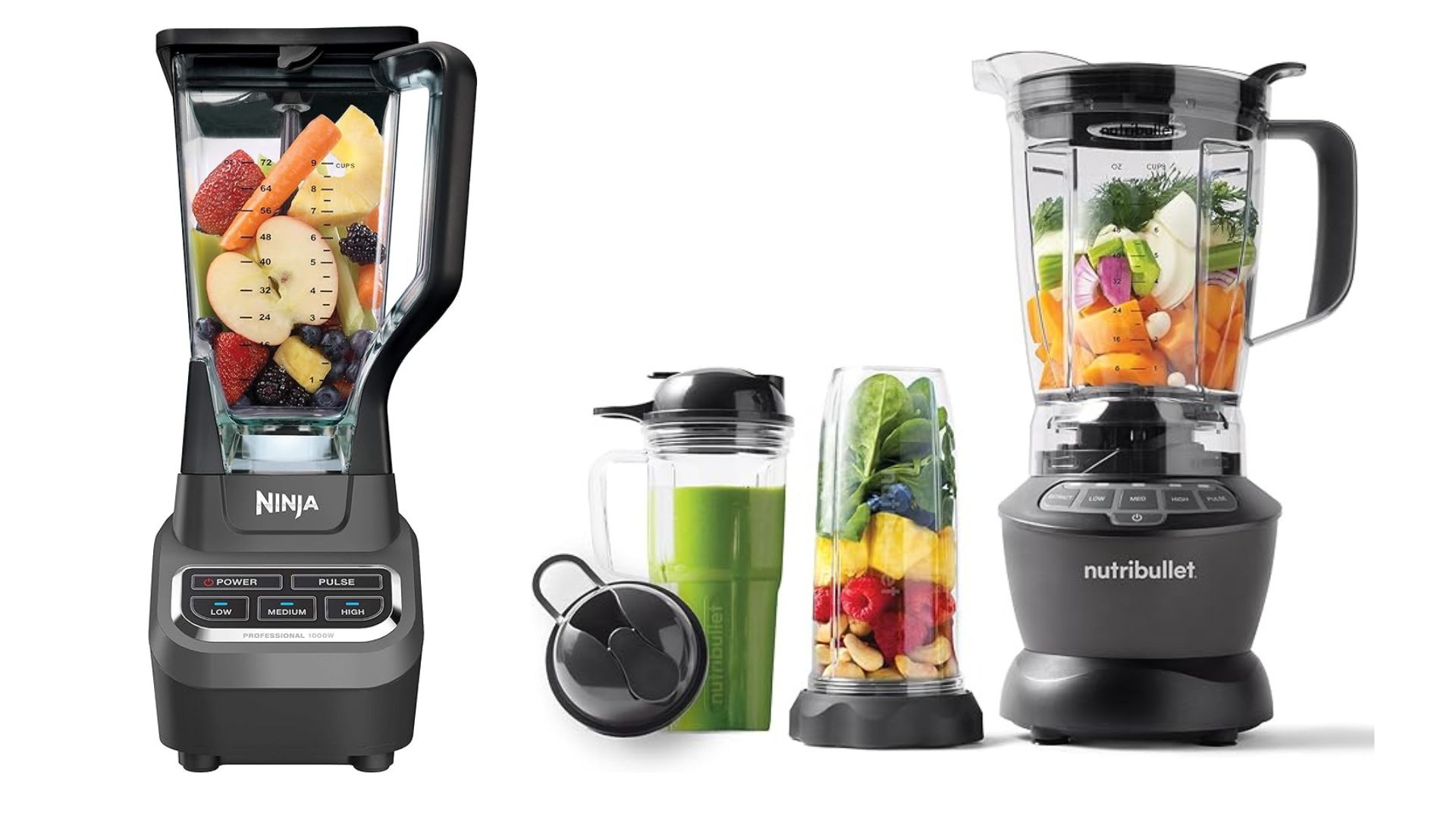
1 thought on “Best Blender for Nut Butter | Unveiling the Top Picks”